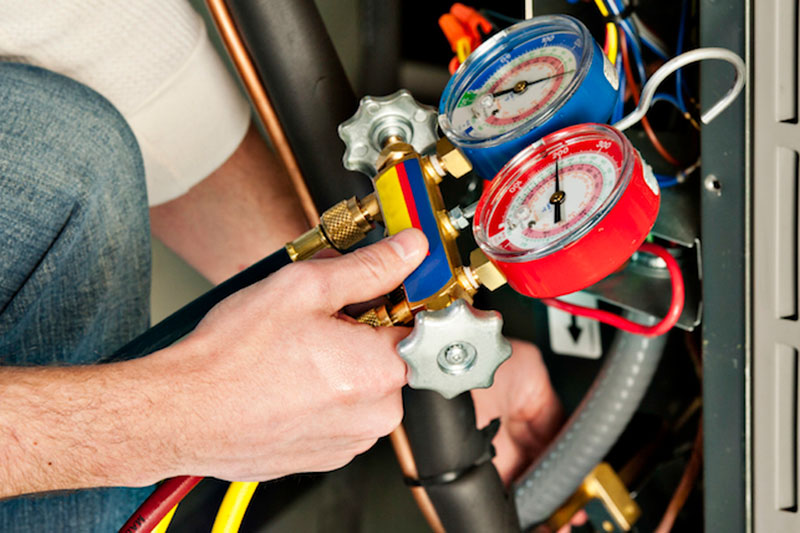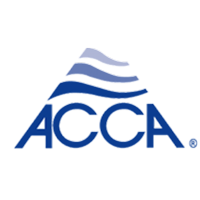
You might not think a lot about how your air conditioner functions, but it depends on refrigerant to keep your residence cool. This refrigerant is subject to environmental rules, since it contains chemicals.
Depending on when your air conditioner was put in, it may need R-22, R-410A or R-32 refrigerant. We’ll go over the differences and which air conditioner refrigerants are being phased out in Fort Lauderdale, in addition to how these phaseouts impact you.
What’s R-22 and Why Is It Phased Out?
If your air conditioner was put in before 2010, it possibly contains Freon®. You can learn if your air conditioner contains it by reaching us at 954-320-7398. You can also look at the name plate on your air conditioner condenser, which is located outside your residence. This sticker will contain information on what model of refrigerant your AC uses.
Freon, which is also called R-22, contains chlorine. Scientists consider Freon to be damaging to the earth’s ozone layer and one that leads to global warming. The Environmental Protection Agency, which manages refrigerants in the United States, barred its manufacture and import in January 2020.
Should I Replace My R-22 Air Conditioner?
It differs. If your air conditioning is operating fine, you can continue to run it. With regular air conditioner maintenance, you can expect your air conditioning to operate around 15–20 years. However, the Department of Energy notes that removing a 10-year-old air conditioner could save you 20–40% on annual cooling costs!
If you don’t get a new air conditioner, it may cause an issue if you require air conditioning repair down the road, specifically for refrigerant. Repairs may be more expensive, because only reduced quantities of recycled and reclaimed R-22 is available.
With the end of R-22, many new air conditioners now use Puron®. Also called R-410A, this refrigerant was made to keep the ozone layer healthy. Since it requires a different pressure level, it doesn’t match air conditioners that rely on R-22 for cooling.
However, Puron still has the likelihood to contribute to global warming. Because of that, it could also ultimately be phased out. Although it hasn’t been mandated yet for residential air conditioners, it’s likely sometime this decade.
What Refrigerant Will Take the Place of R-410A?
In preparation of the end, some companies have begun using R-32 in new air conditioners. This refrigerant rates low for global warming potential—about one-third less than R-410A. And it also decreases energy use by about 10%, according to the Intergovernmental Panel on Climate Change’s Fourth Assessment Report. That’s savings that may be forwarded on to you through your cooling bills.
Solar Air Inc. Can Assist with All Your Air Conditioning Needs
In summary, the changes to air conditioner refrigerant probably won’t concern you greatly until you require repairs. But as we discussed beforehand, repairs connected to refrigerant might be more expensive since there are the low amounts that are accessible.
Not to mention, your air conditioner typically malfunctions at the worst time, typically on the warmest day when we’re experiencing lots of other requests for AC repair.
If your air conditioner uses an outdated refrigerant or is aging, we advise upgrading to an up-to-date, energy-efficient air conditioner. This delivers a hassle-free summer and could even lower your electrical bills, especially if you get an ENERGY STAR®-rated air conditioner. Plus, Solar Air Inc. has many financing solutions to make your new air conditioner fit your budget. Contact us at 954-320-7398 to start now with a free estimate.



